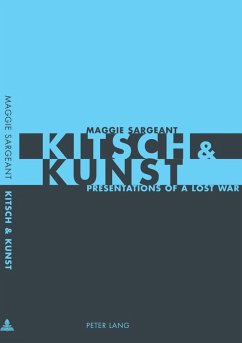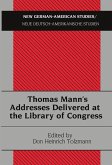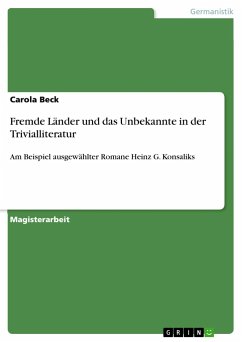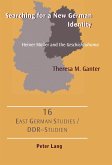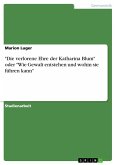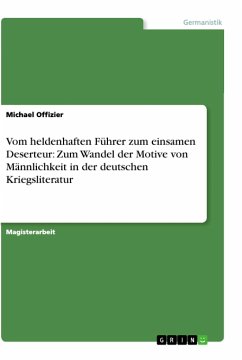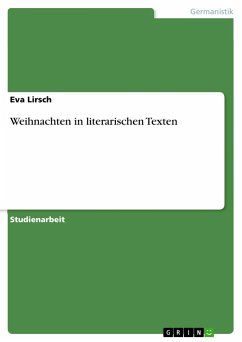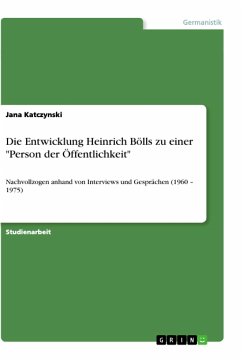This book examines the presentation of, and attitudes to, the Second World War in post-war West German prose fiction. The fierce public reactions which some of these works provoked at the time of their publication are taken into account in this study since their reception provides a picture of the psychological relationship West Germany had with its wartime past in the immediate post-war period and beyond. Writers of Unterhaltungsliteratur and Trivialliteratur are often studied within their own genre, but, this book sets such writers alongside their canonical colleagues. This approach opens up the possibility of considering whether the strategies adopted to influence contemporary society, to reflect that society and to come to terms with the Second World War are determined by the classification of these works as Kitsch or Kunst . The authors included are Alfred Andersch, Heinrich Böll, Hans Hellmut Kirst, Heinz G. Konsalik, Theodor Plievier and Erich Maria Remarque. The selected works deal specifically with the German soldier and officer, the fighting fronts, the home front and the connections between the German army and the National Socialist regime.
Bitte wählen Sie Ihr Anliegen aus.
Rechnungen
Retourenschein anfordern
Bestellstatus
Storno

